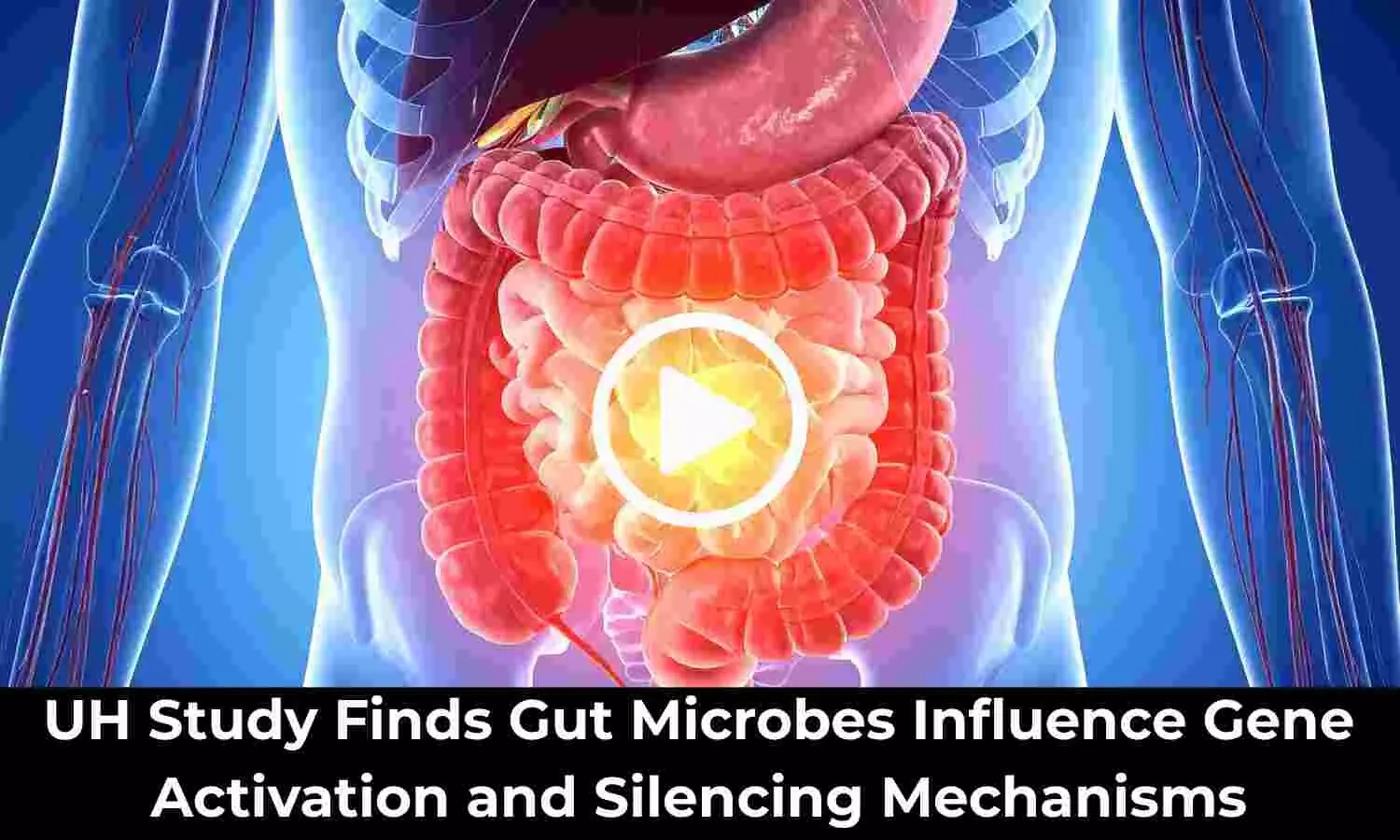UH Study Finds Gut Microbes Influence Gene Activation and Silencing Mechanisms
- byDoctor News Daily Team
- 26 September, 2025
- 0 Comments
- 0 Mins

The trillions of microbes that live in the human gut may play a bigger role in health than previously thought, according to new research by the University of Hawaiʻi at Mānoa. The article, published in September 2025 in theInternational Journal of Molecular Sciences,explores how gutbacteriainteract with humangenesin ways that could shape disease risk, aging, and even future medical treatments. The review highlights how the gut microbiome (the collection of bacteria, viruses, and fungi that live in the digestive system) can affect epigenetics, the process that turns genes on or off without changing theDNAitself. These changes happen through chemical tags such as DNA or RNA methylation, which control when and how genes are expressed. Everyday factors—such as diet,stress, medications, and aging—can influence these microbial interactions. For example, gut bacteria produce short-chain fatty acids, nutrient,s and other chemical signals that may reprogram gene activity linked to immunity, metabolism or brain health. In turn, a person’s lifestyle and genetic makeup can shape which microbes thrive in thegut, creating a feedback loop between humans and their microbes. The researchers point to future possibilities where understanding this loop could help doctors design personalized treatments. Potential applications include using microbial biomarkers (biological signals that indicate health or disease), developing “live biotherapeutics” (beneficial bacteria given like medicine) or refining fecal microbiota transplants, which transfer gut microbes from healthy donors to patients. Advances in artificial intelligence and single-cell analysis are helping scientists model these complex relationships at an unprecedented scale. By mapping out how gut microbes communicate with human genes, the review underscores both the promise and responsibility of this emerging science. The insights could open the door to precision health strategies that tailor prevention and treatment to each individual’s unique microbial and epigenetic makeup. Ref:Rubas, N.C.; Torres, A.; Maunakea, A.K. The Gut Microbiome and Epigenomic Reprogramming: Mechanisms, Interactions, and Implications for Human Health and Disease. Int. J. Mol. Sci. 2025, 26, 8658. https://doi.org/10.3390/ijms26178658
Disclaimer: This website is designed for healthcare professionals and serves solely for informational purposes.
The content provided should not be interpreted as medical advice, diagnosis, treatment recommendations, prescriptions, or endorsements of specific medical practices. It is not a replacement for professional medical consultation or the expertise of a licensed healthcare provider.
Given the ever-evolving nature of medical science, we strive to keep our information accurate and up to date. However, we do not guarantee the completeness or accuracy of the content.
If you come across any inconsistencies, please reach out to us at
admin@doctornewsdaily.com.
We do not support or endorse medical opinions, treatments, or recommendations that contradict the advice of qualified healthcare professionals.
By using this website, you agree to our
Terms of Use,
Privacy Policy, and
Advertisement Policy.
For further details, please review our
Full Disclaimer.
Recent News
NMC approves 2,337 new PG medical seats for NEET P...
- 22 October, 2025
Rajasthan MBBS student airlifted from Kazakhstan a...
- 22 October, 2025
NEET SS 2025 now on December 26th, 27th: NBE
- 22 October, 2025
Daily Newsletter
Get all the top stories from Blogs to keep track.


0 Comments
Post a comment
No comments yet. Be the first to comment!